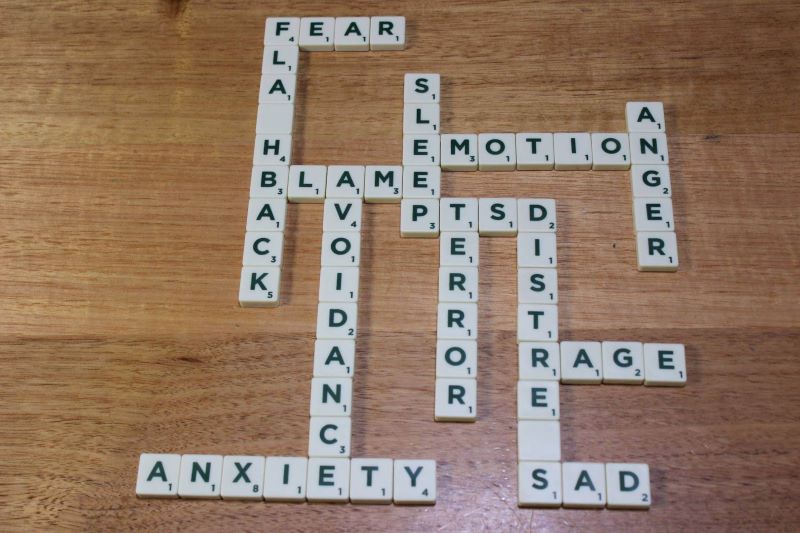Post-Traumatic Stress Disorder (PTSD) and Complex Post-Traumatic Stress Disorder (CPTSD) are mental health conditions that can develop in individuals who have experienced or witnessed a traumatic event. Symptoms can range from intrusive thoughts and flashbacks to avoidance and hyperarousal. Some people also experience a disconnect with reality. Similarly, some have trouble with their sense of self. If you have experienced a traumatic event, it is natural to feel overwhelmed, anxious, and emotionally drained. However, if these feelings persist and begin to impact your daily life, you may be suffering from PTSD or CPTSD. If something happened to you in childhood it can be hard to know that the above symptoms are symptoms. Some people think it is just them.
It is important to recognize that PTSD or CPTSD are complex conditions that require professional diagnosis and treatment. While you may be able to identify some of the symptoms yourself, only a mental health professional can provide an accurate diagnosis. Seeking help from a mental health professional can also help you develop a personalized treatment plan that meets your unique needs.
One of the biggest benefits of seeking a professional diagnosis is that it might help to remove the stigma surrounding mental health conditions. Many people are reluctant to seek help for mental health issues because they worry about being judged or labelled. However, getting a diagnosis from a trained professional can help you understand your symptoms and develop a plan for recovery. PTSD is something you can recover from. At the centre for Clinical Psychology we use Cognitive Processing Therapy (CPT) to treat PTSD. In this therapy we view PTSD as being stuck with what are the normal reactions that everyone has to traumatic events. We work towards recovery by looking at what has caused you to be stuck. We work on getting you unstuck.
It is also worth noting that there is little to no research about people overcoming PTSD on their own. Without treatment, symptoms can worsen over time and begin to impact all areas of your life, including relationships, work, and physical health. Seeking help from a mental health professional is an important step towards recovery and improving your overall quality of life.
No matter where you are if you are looking for mental health support, consider booking an appointment at the Centre for Clinical Psychology. We know that therapy for c/PTSD works both in person and via telehealth. The Centre has a team of experienced mental health professionals who can provide a range of services, including diagnosis and treatment for PTSD and CPTSD. To book an appointment, you can call the Centre on 03 9077 0122 or use their online booking system.
Remember, seeking help for mental health issues is a sign of strength, not weakness. Taking the first step towards recovery can be challenging, but it is a crucial step towards improving your overall well-being. Don’t wait to get help – contact the Centre for Clinical Psychology today and take the first step towards a happier, healthier future.



